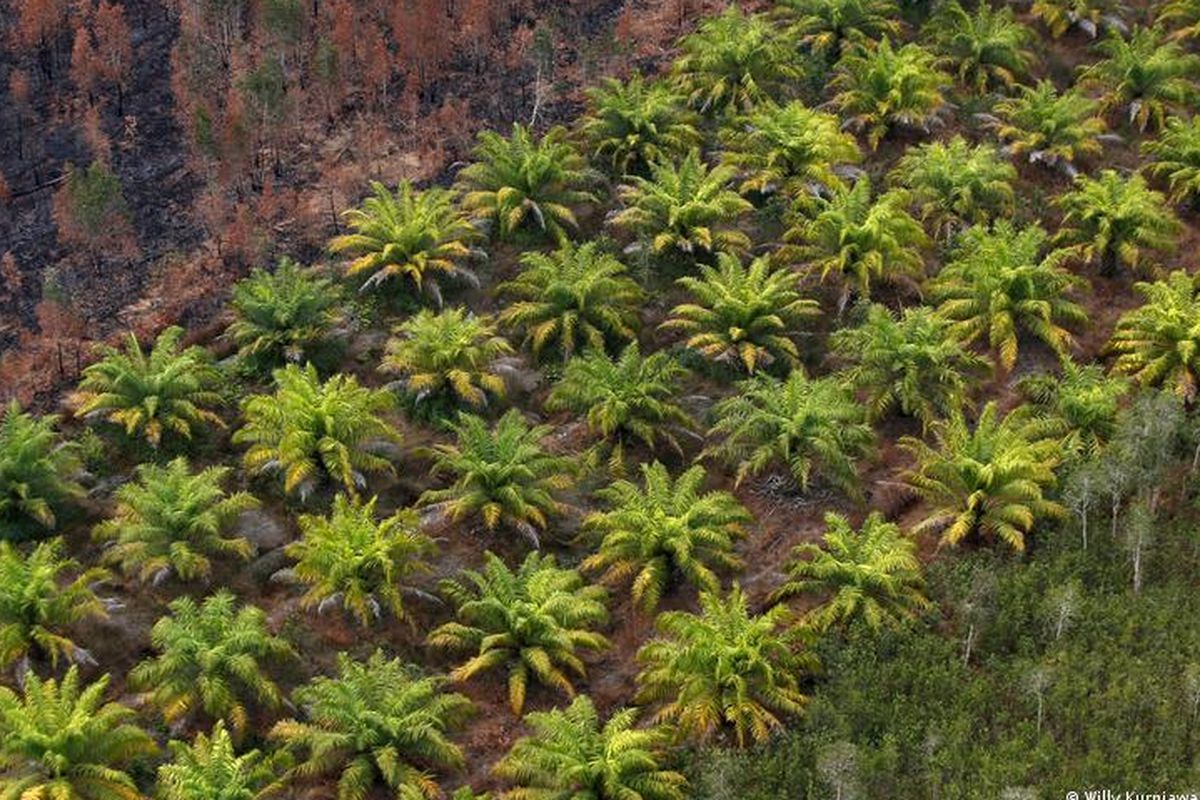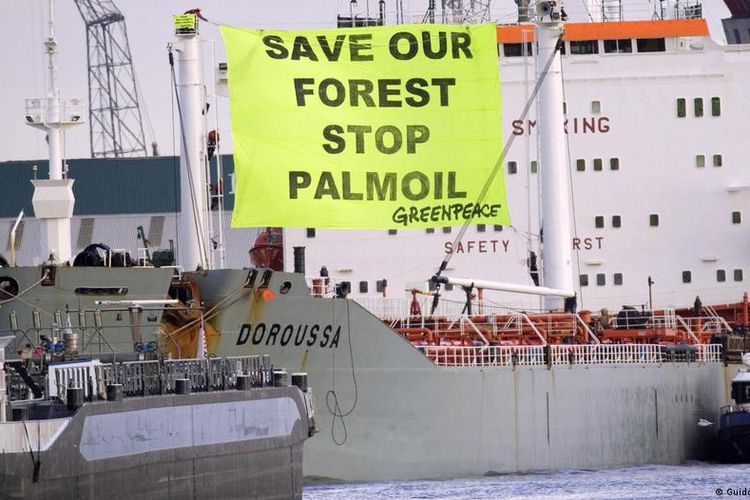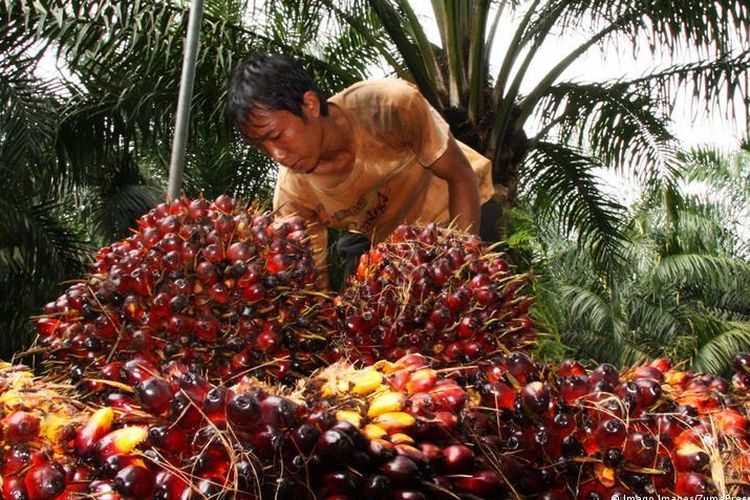
That means we get a lot of oil from a small patch of land.
If, however, that land were given over to other crops that don't yield as much, we would likely need a greater area on which to grow alternative oil-producing crops.
Up to nine times as much, according to the International Union for Conservation of Nature (IUCN). And that would potentially lead to even more deforestation.
Huh?! Palm oil, yes or no?
Yes and no really. Instead of a blanket ban, the ideal route would be to improve planning of new plantations, to avoid eradicating tropical forest — which as mentioned, we need — while ensuring sustainable production of palm oil.
Back in 2004, to make this a thing, different stakeholders from the industry set up the Roundtable on Sustainable Palm Oil (RSPO).
Conservation organization WWF is a member and has a note on its website saying the certification means the "palm oil was produced in a socially and environmentally responsible way.”
Sorted then?
Not exactly. Though hundreds of companies have now been granted the right to stamp their products with the RSPO seal, environmental groups from around the world have slammed it as greenwashing.
Among them is Greenpeace, which has described the RSPO as of no more use than a "chocolate teapot.” Which is clearly not much use at all. Even if said chocolate were palm oil free.
Also read: Indonesia's Palm Oil Industry Shows Signs of Recovery
A recent Greenpeace report went further, highlighting "weak implementation” of RSPO standards, audit failures and a liberal understanding of membership criteria.
Overall, the report said the certified oil cannot be guaranteed to be free of deforestation or human rights abuses.
Where does that leave us?
The best question yet… And a difficult one.


































